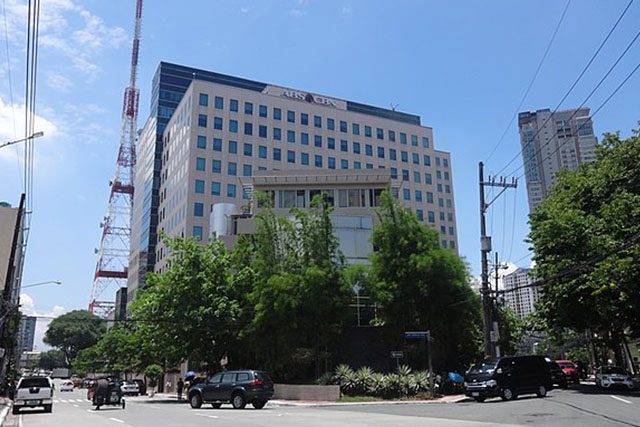The Malacañang and Solicitor General Jose Calida recently released conflicting statements on the fate of ABS-CBN’s franchise that’s set to expire on Monday, May 4.
The franchise of broadcast giant ABS-CBN, granted on March 30, 1995 through Republic Act 7966, requires congressional approval before its radio and television can operate again.
So far, five bills, have been filed to extend the network’s franchise for another 25 years. These are still pending before the Congress.
Because none of the bills were passed before its expiration date, the future of the network and its 11,000 workers in radio and television remains uncertain.
The hashtags #YestoABSCBNShutdown and #NotoABSCBNShutdown trended on Twitter Philippines again on Monday morning as Filipinos weighed in on the situation.
These were the same hashtags used when Duterte started threatening the network again for its alleged critical reporting and its failure to air his ads during the 2016 national elections.
Early this year, Carlo Katigbak, ABS-CBN president and chief executive officer, apologized to Duterte for the network’s shortcomings.
Duterte eventually accepted his apology.
Aside from the congressional approval, ABS-CBN’s representatives are also facing a legal battle against Calida at the Supreme Court after the latter filed quo warranto petition last February.
Calida sought to revoke the network’s license to operate and shut it down over allegations that it operated without a permit and is owned by foreign investors.
Who gets to decide on ABS-CBN’s fate?
The decision for the network’s continued operations depends on the National Telecommunications Commission, according to Palace. NTC is the agency tasked to supervise and control all telecommunication services in the country.
When the House of Representatives was being pressured to tackle the bills that will renew ABS-CBN‘s franchise last February, House Speaker Alan Peter Cayetano and Rep. Franz Alvarez (Palawan) asked the NTC to grant ABS-CBN a provisional authority to operate beyond May 4.
The Senate then also approved a resolution with the same appeal of allowing the media giant to run while its renewal bills are still pending.
Justice Secretary Menardo Guevarra, who initially proposed this move, said that Congress may authorize the NTC to issue the provisional authority.
Last March, Telecommunications Commissioner Gamaliel Cordoba told the House legislative panel that it will heed Guevarra’s advice.
However, on Sunday, the day before the franchise’s expiration, Calida suddenly issued an opposing statement, warning the NTC officials of facing graft charges should they grant the long-running company this authority.
“These issuance cannot amend the current law requiring a congressional franchise for the operation of broadcasting networks. Not being separate laws themselves, they cannot amend or repeal prior laws,” the solicitor general said.
Presidential spokesperson Harry Roque countered Calida’s statement the next day and reiterated that it is up to the NTC to decide whether ABS-CBN will cease its operations or not.
Roque said that Duterte will go with NTC’s decision.
“Ang Solicitor General ay alter ego ng ating Presidente, at sumulat nga siya sa NTC. This must be dealt with by the NTC as a quasi-judicial body. Aantayin po natin ang sagot ng NTC. Ang desisyon po ng NTC ang ipapatupad ng Presidente. Hindi puwedeng impluwensiyahan ng Presidente ang NTC,” Roque said.
As of press time, the NTC has yet to issue a response on the matter.
NTC’s role over ABS-CBN
The NTC that has jurisdiction over ABS-CBN, has the following mandate based on its website:
1. To regulate the installation, operation and maintenance of radio stations both for private and public use
2. To regulate and supervise the provision of public telecommunications services
3. To manage the radio spectrum
4. To regulate and supervise radio and television broadcast stations, cable television (CATV) and pay television
During the Senate inquiry on Calida’s quo warranto remedy, the NTC acknowledged that the media firm may have committed violations on its pay-per-view services.
However, Cordoba then said that based on the Public Service Act, such offense is only liable to a fine worth P200 and not a ground for license revocation.










